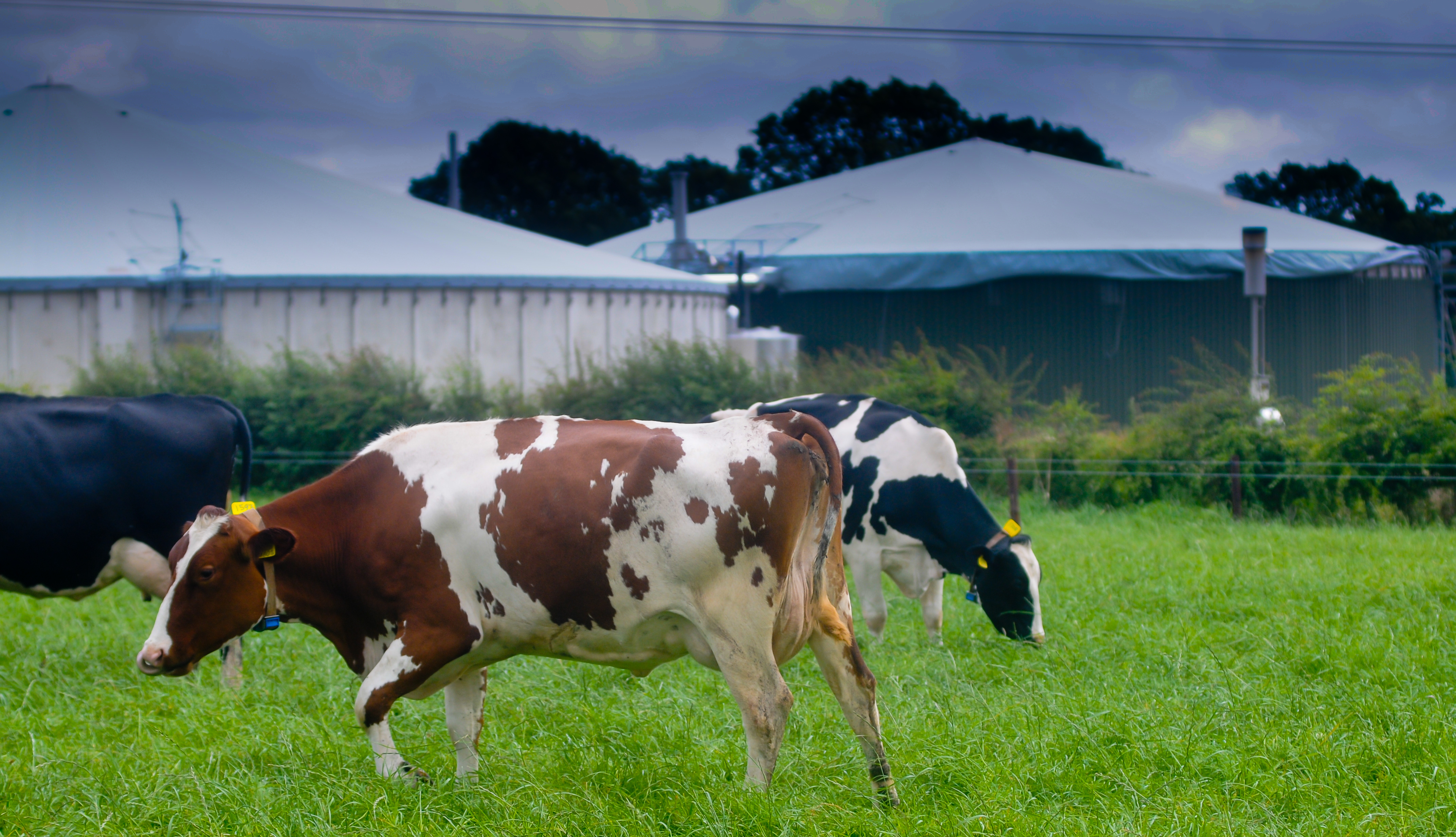
A Wiltshire dairy farm is stepping up its campaign to help the banking industry make agricultural investment decisions.
Stowell Farms in Pewsey secured funding for an EnviTec Biogas Anaerobic Digestion (AD) plant that went live in September.
The finance package also covered 75 per cent cubicle and 25 per cent straw yard housing for up to 500 cows, new milking and handling facilities, feed storage buildings and silage clamps.
A viewing gallery and education room were included in the development, and farm manager Gavin Davies wants to host groups of bankers and land agents in a bid to increase knowledge about the viability of both farm-scale AD plants and dairy farming in general."
"They were all involved in farm lending, and I think it was really useful for them to see at first hand how AD income can make investment in the farming side of the business viable – and vice versa" Davies said.
"Some bankers and land agents don’t have the depth of knowledge they need to make decisions that could be the difference between a farm guaranteeing its viability and it going to the wall."
"I'll be happy to share real income and expenditure figures that will help inform decisions they need to take in the future."
The EnviTec plant, which has been running at almost full capacity since November, is capable of producing 4.1 million kWh of electricity and 3.55 million kWh of surplus heat.
Electricity produced by the plant will be used on the farm and sold to the grid under the 20-year Feed in Tariffs. About 85 per cent of the electricity will be exported, the balance being used on the farm, and it will generate annual revenues of more than £750,000.
Heat will be used on the farm, and there are plans to pump the surplus to a leisure centre and two schools in Pewsey to attract income under the Renewable Heat Incentive.
Last year, more than 500 members of the public toured Stowell, including Young Farmers, school parties and community groups. This year Mr Davies plans to double the number of visitors.
He said: "I'm passionate about farming, and the AD plant has secured milk production at Stowell. It’s also secured the existing workforce and allowed us to take on additional full- and part-time employees.
"Farming is a commoditised business, so predictability of income is at a premium, but the income and savings we get from AD are pretty much set and they are long term.
"I'm also passionate about improving the image of agriculture – not just with children, but with teachers and bankers as well."
The plant is fed with maize silage, grass silage, waste feed and slurry – all of which are produced on the 1,315 hectare (3,250 acre) beef, sheep, arable and dairy operation.
Davies added: "The revenue and savings from producing your own heat and power are considerable, but the benefits are much more wide-ranging than this.
"An AD plant helps with slurry management, which means there’s no need for a lagoon and that in turn reduces odour.
“The digestate produced at the end of the process saves us a lot of fertiliser costs and unlike slurry the nutrients are readily available.”
Between 240 hectares (600 acres) and 280 hectares (700 acres) a year are given over to maize at Stowell. The intention is to produce about 8,000 tonnes of silage to feed the AD plant and 4,000 tonnes for cow feed.
John Day, UK sales manager for EnviTec Biogas, said: “The long-term viability of agriculture in the UK is about much more than the relationship between farmer and retailer.
"Revenues and sustainability will increasingly depend on the whole supply chain working together – and that includes renewables developers, bankers and private investors."
